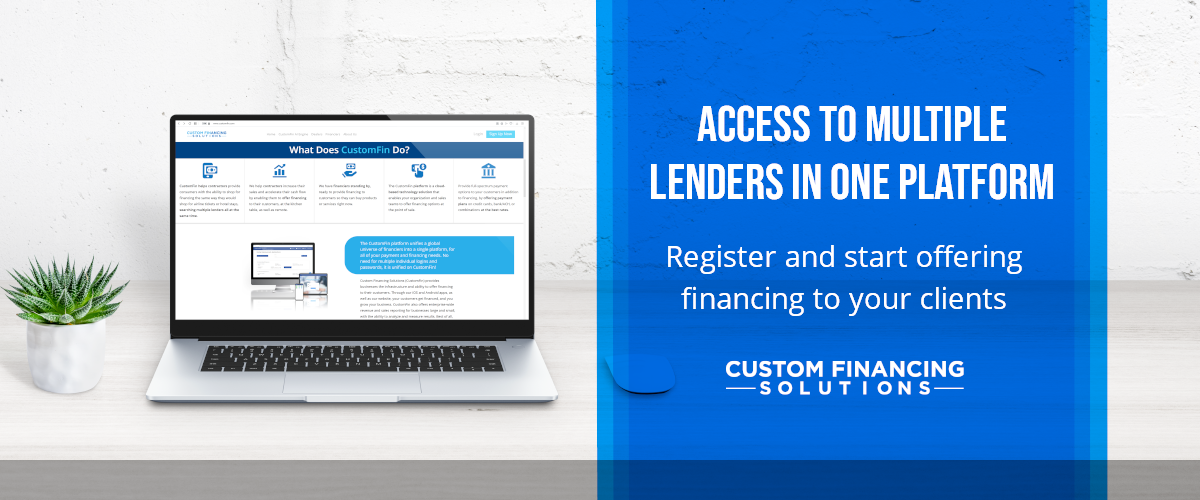A contractor has to have a good understanding of how businesses work as they not only require expertise in the industry but an all-round management ability for accounts, taxes and so on. No matter if yours is a years-old business or a startup, doing your taxes with accuracy is the most crucial aspect that helps you maintain credibility in the long run.
The income you make as an independent contractor is taxed under self-employment tax which can be complex to understand & assess. However, running away from it is not a solution. Of course, we all want to save taxes then why not do it the right way? You might not know but self-employment taxation has some benefits for you. Being under the category of a self-employed contractor, you are eligible for deductions when you file your taxes. Remember, the Internal Revenue Service will not help you in identifying these deductions; you need to be aware of your tax benefits & write-offs. To make your life easy, we’re going to talk about some common write-offs that will help you save your hard-earned money efficiently.

Advertisements
Alongside running and maintaining a business, you should also put out your word in the market from time-to-time. This can be done either offline with the help of flyers or newspaper advertisements or online by using social media. All-in-all, advertisements bring lots of inquiries and potential clients and are used by almost all businesses in some form or the other. The good news is that the cost of advertising (both print and online) are tax-deductible expenses.
Safety Gear And Work Clothes
Home improvement projects require safety equipment and sometimes special uniform as well. Also, aspects like the location, weather conditions, etc., might require specific work gears. For instance, changed weather conditions like winters call for new guidelines to deal with the winter season; you cannot work the usual way with layers of clothes on. Any gear that the workers need like helmets, boots etc. can be written off.
Construction Tools And Supplies
Home improvement project work can only be done with the help of tools; these include both manual or power tools. Tools like hammers, drills, or even pencils – almost any tools and other supplies might cost a lot but come with dual benefits. First, they improve your work quality. Second, these tools and supplies are tax-deductible. If you are planning to curate your tool-shopping list, here are a few must-have tools for potential woodworking contractors.
Legal Fees
To handle business, you will need the help of other professionals to deal with areas out of your expertise like legal issues. The charges that you pay for legal services like accounting or your attorney fees are tax-deductible.
Wages
As the business grows, you will need to hire more people. Depending on how small or big the project is, there can be several employees involved. The wages of your employees are tax-deductible. However, any salary that the owner is taking will not be a part of tax-deductible wages.
Please note that the taxation write-offs mentioned here are based on general practices worldwide. We advise you to go through the specific guidelines applicable in your area for more precise information.
There are many more of such potential deductions you might not know. But it’s never too late to start with good things that keep you & your business going. Make sure to keep updating yourself so that paying taxes would become easy and less of a burden. While we have taken off your burden, it’s time you do that for your clients as well. Home improvement projects can cost a fortune which is often unaffordable for people. Here at CustomFin, we provide easy options for contractors to finance their clients.








[…] These will help you save money, which will impact your profits directly. You can also keep an eye on the write-offs for contractors. […]